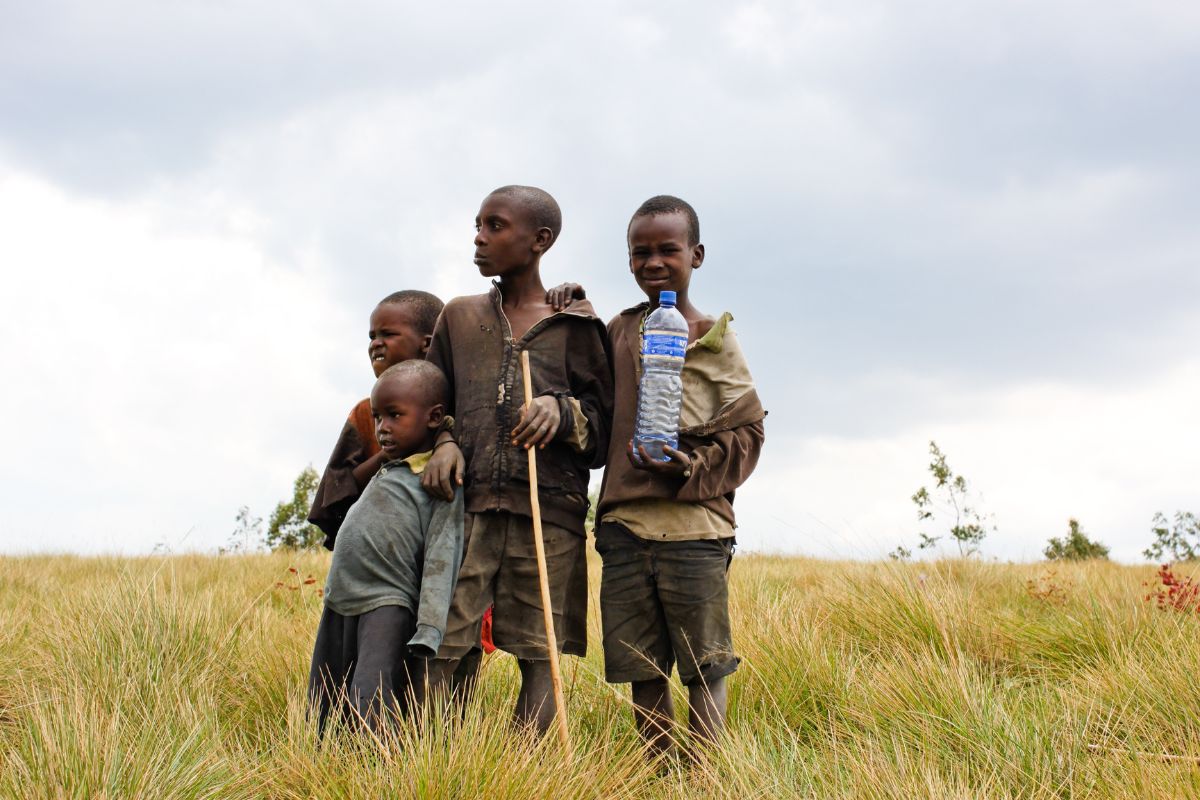
Document Human Rights Stories in Southern Africa
Stories shape how we see the world. They bring people closer to events that might otherwise feel distant or invisible. In Southern Africa, documenting human rights stories is one of the most powerful ways to bring attention to injustice, celebrate resilience, and push for lasting change.
Whether it’s a tenant fighting illegal eviction in Namibia, a community defending land rights in Zimbabwe, or a survivor of gender-based violence in Mozambique, these stories deserve to be heard. Not just by governments or legal bodies, but by neighbors, allies, donors, and young people learning what justice really means.
Why Storytelling Matters in Human Rights Work
Legal documents and court cases are important tools in the fight for justice. But these tools often fail to connect with the broader public. Personal stories, on the other hand, reach people in ways that data alone cannot. They give a human face to the numbers and create space for empathy and understanding.
A woman sharing her experience of domestic violence in Botswana can raise awareness and encourage others in similar situations to seek help. A young activist explaining how they challenged school discrimination in Lesotho can inspire youth-led movements elsewhere. These stories turn individual experiences into collective momentum.
Storytelling can also strengthen campaigns. When paired with advocacy efforts, stories offer evidence that policies need to change. They make grant proposals more compelling and give life to annual reports. More than that, they show funders and supporters that the work being done is making a difference.
Local Voices, Global Reach
Southern Africa is full of grassroots movements and legal networks doing meaningful work. In Malawi, community paralegals are helping villagers understand land rights. In Angola, local reporters are documenting abuses faced by informal workers. In Zimbabwe, lawyers are challenging unconstitutional laws with the backing of public testimonies.
These efforts matter. But many remain unnoticed by the outside world. Documenting and sharing stories helps raise visibility, not just for donors, but also for regional solidarity. When one country’s activists hear from another’s, they learn strategies and build stronger networks.
For example, a group in Zambia created short videos about street vendors being harassed by local authorities. When these stories were shared online, they caught the attention of organizations in neighboring countries facing similar issues. What started as a local concern turned into a cross-border conversation.
Doing It Right: Ethics Matter
While storytelling is powerful, it also comes with responsibility. Sharing someone’s experience means protecting their dignity and safety. Consent must be clear, informed, and ongoing. People must understand how their stories will be used, and they should be free to withdraw at any time.
Sometimes it’s safer to anonymize identities, especially in sensitive cases involving sexual violence or political repression. Just because a story is compelling doesn’t mean it should be told publicly. The safety of the storyteller should always come first.
It’s also important to let people speak in their own voice. Avoid editing out key details or framing stories to fit a donor narrative. Authenticity builds trust. Communities are more likely to engage when they feel respected, not used.
NGOs should also take care to avoid trauma fatigue. Constant stories of suffering can lead to hopelessness. Balancing pain with hope, and showing stories of resistance, joy, or recovery, can make the narrative more impactful and human.
Tools for Telling the Story
You don’t need a professional camera or a film crew to share powerful stories. A smartphone and basic audio recorder are often enough. Many groups in the region use free tools like WhatsApp voice notes, Canva for graphics, or simple blog platforms to post testimonies.
A South African youth group used their Instagram page to post handwritten quotes from local teens dealing with police harassment. These quotes, accompanied by simple black-and-white photos, gained traction and sparked discussions in schools and youth centers.
Others turn to community radio, still one of the most trusted sources of information in rural areas. Sharing stories through short radio segments in local languages ensures people feel represented and understood.
Whether in print, online, or on air, the goal remains the same—amplify voices that are often silenced.
Building Trust With Communities
Documenting stories takes more than just asking questions. It requires building relationships. Start by spending time in the community. Attend meetings, help with events, and ask what people care about before asking them to share their experiences.
People need to feel safe. They need to know that sharing their story will not bring harm to them or their families. This kind of trust isn’t built overnight, but it makes the difference between surface-level storytelling and deep, meaningful collaboration.
When people feel seen and heard, they’re more likely to engage with legal processes, join campaigns, and become advocates themselves. It’s not just about getting a quote for a report—it’s about helping people own their voice.
Keep Stories Alive
Telling a story once is not enough. Human rights storytelling should be ongoing. Follow up with the people you interview. Share updates. Let them see how their voice contributed to change. Include them in the process of shaping the narrative.
Create spaces where stories can be archived and revisited—community newsletters, local exhibitions, or even simple photo albums shared in public spaces. These acts show that the stories told are not forgotten, and neither are the people behind them.
Human rights work in Southern Africa continues to face challenges, but it also shines with resilience. Every story told is a reminder that change is possible. By documenting local voices with care, honesty, and respect, NGOs and advocates can build stronger movements rooted in truth.
